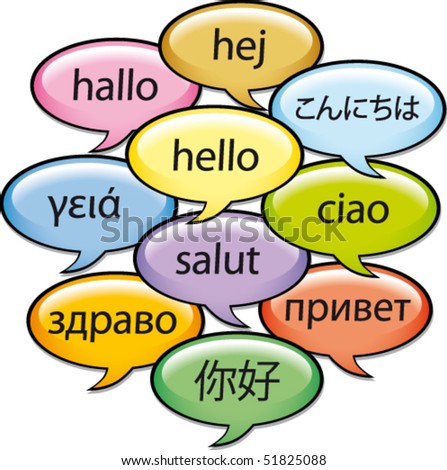How does
language reflect culture?
Communicative
competence is the set of skills and knowledge a person must gain if they want
to communicate with others in a constantly changing social environment.
Communicative competence suggests that any meaning can only be understood in
the context. One again, we realize that almost impossible to separate language
from where, how, when, and why it is used. Through observation of people as
they really speaks, and through the study of their cultural understandings, we can
try to come to conclusion both about the nature and power of language and the
ways humans develop it.
Language,
as a communicative act, is social. While meaning may be tied cultural context,
culture itself is shaped through our language use.
The more
closely we consider language, the more obvious is it that it has special
qualities equivalent to, or as function of, its place in our lives.
Example that
language accompany human group; They disappear with them; or, on the contrary,
if those groups are large and quick and spread beyond their original
environment, the language can be dispersed, in their wake, over vast
territories. Thus, it is from those who speak them that they derive their life
principles and their ability to increase their area of usage.
Nevertheless,
language are also one of the essential sources of the vital force that animates
human communities. More than any other properties defining what is human, language
possess the power to provide individuals with the basis for their integration
into society-that is, on a level different from ones biological framework and
mental structure, meaning the very foundations of ones life.


